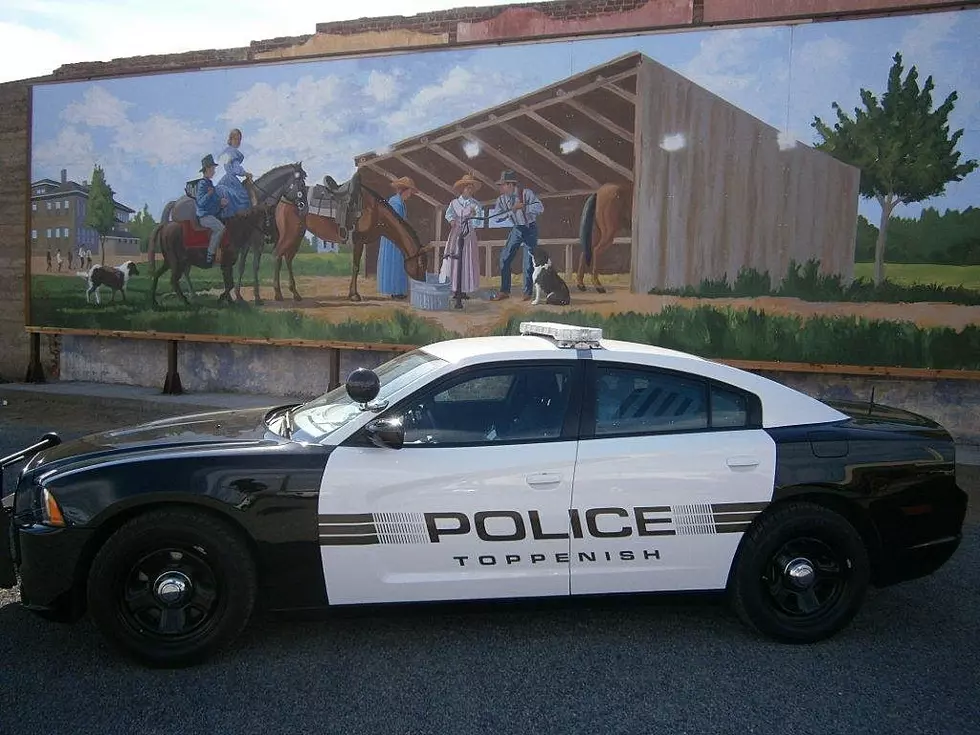
Supreme Court Strikes Down Arizona’s Voter ID Citizenship Law
The United States Supreme Court has ruled against an Arizona law which required voters to prove they are U.S. citizens before voting. The ruling involves a requirement that was approved by Arizona voters. The court says that Arizona can't pass a law which contradicts a federal law designed to make it easier to sign up.
By a vote of 7-2, the justices rejected the law forcing Arizona voters to document their citizenship in order to use the registration form produced under the federal "Motor Voter" law. The form, established by a 1993 law, lets people register to vote by sending in a uniform document accepted by all states. Voters must swear they are citizens on the form.
In a 2004 ballot initiative, Arizona voters decided they wanted to go beyond that federal requirement, by asking for proof of citizenship, such as a birth certificate, passport or tribal ID card, at the point of voter registration.
The opinion striking down the Arizona law was written by Justice Antonin Scalia, one of the court's conservatives. Justices Samuel Alito and Clarence Thomas, also members of the court's conservative wing, disagreed with the ruling.
Federal law "precludes Arizona from requiring a federal form applicant to submit information beyond that required by the form itself," Justice Antonia Scalia wrote for the court's majority
While the court was clear in stating that states cannot add additional identification requirements to the federal forms on their own, it was also clear that the same actions can be taken by state governments if they get the approval of the federal government and the federal courts.
Arizona can ask the federal government to include the extra documents as a state-specific requirement, Scalia said, and take any decision made by the government on that request back to court. Other states have already done so, Scalia said.
More From News Talk KIT







![Man Rescued from Flagpole at Yakima’s Federal Courthouse Building [VIDEO]](http://townsquare.media/site/113/files/2014/07/20140728_123647_resized_1-e1406584079750.jpg?w=980&q=75)

